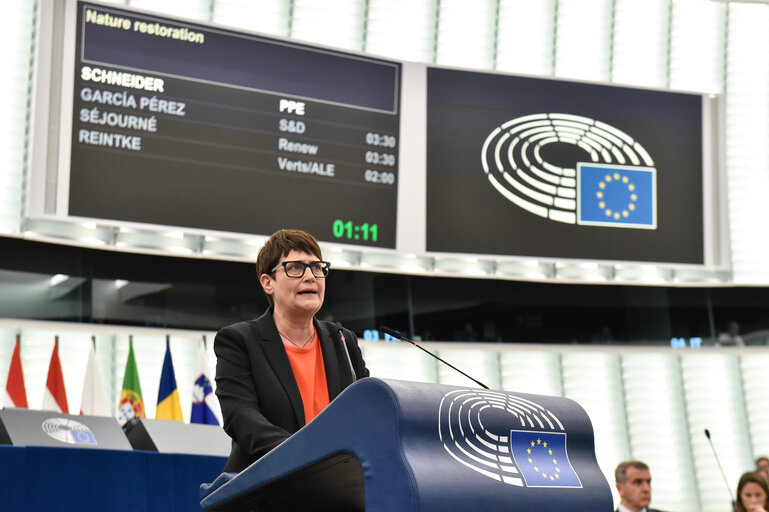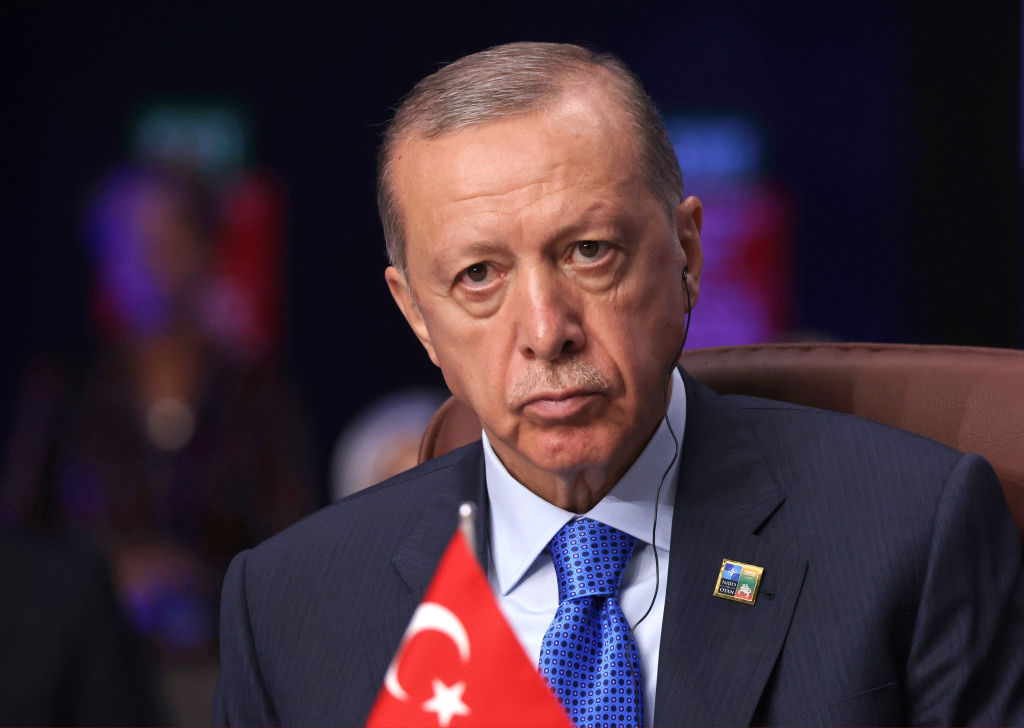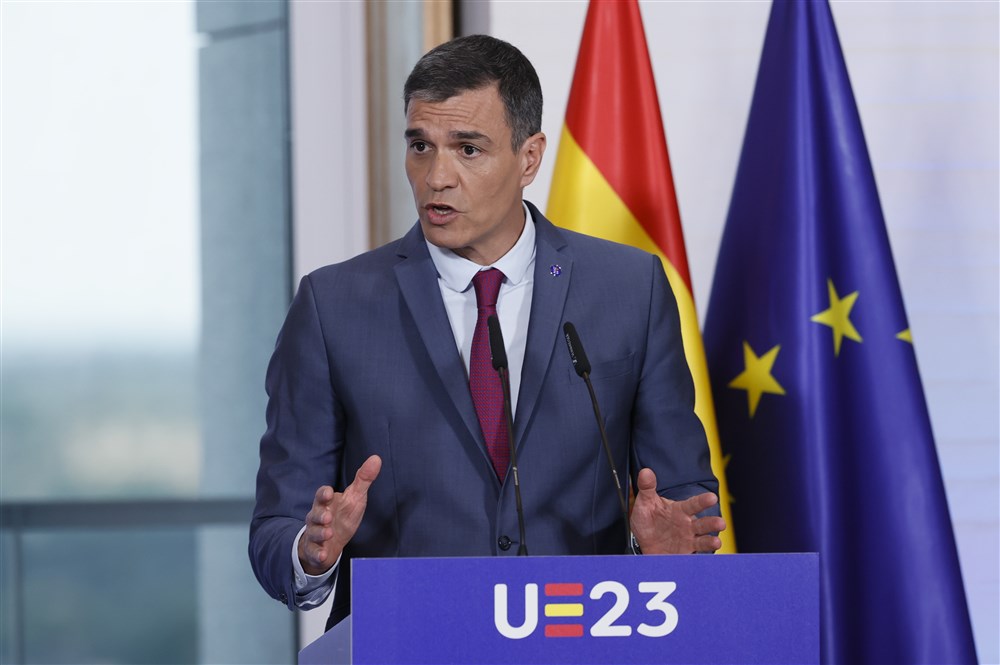The European Parliament looks to receive up to 15 new seats.
According to a leak, it appears that at a recent closed-door meeting in the Council of Ministers, officials agreed to dole out extra seats to some 13 lucky Member States.
Speaking to Brussels Signal, European Union officials confirmed the report.
The main gainers will be Spain, France and the Netherlands, who will each get two extra seats in the Parliament. Nine other Member States will get one extra seat each.
They are Austria, Belgium, Denmark, Finland, Ireland, Latvia, Poland, Slovenia and Slovakia.
The seats were handed out on the basis of relative population changes over the past few years. They also take into account the EU principle of “degressive proportionality”, meaning that smaller countries usually get a little “extra” representation.
The news signals an opening bid from Council in an ongoing discussion, or row, on changes regarding the EU elections.
These adaptations will have to clear the finish line soon; the EU elections are due to take place from June 6-9 2024.
Once given official approval by the national ministers, representatives of the Council will have to hash out a compromise with representatives of the European Parliament. And, from the latest reports, it appears the Parliament’s proposals are quite different.
A big difference between the two institutions is that the Parliament is seen as somewhat “gung-ho” in its push to create what it calls “transnational lists” or “transnational constituencies”.
The idea is that citizens of the EU’s nations would vote for the EU political groups directly, instead of voting for national parties, which then form groups once in Parliament.
Other EP proposals would consist of “zipped lists”, where every other candidate would have to be either male or female. It also proposes that EU elections take place on a single day instead of within a certain date range.
It seems that the Council of Ministers will be having none of it. Apparently, no mention of any of these changes was included in the initial text.





